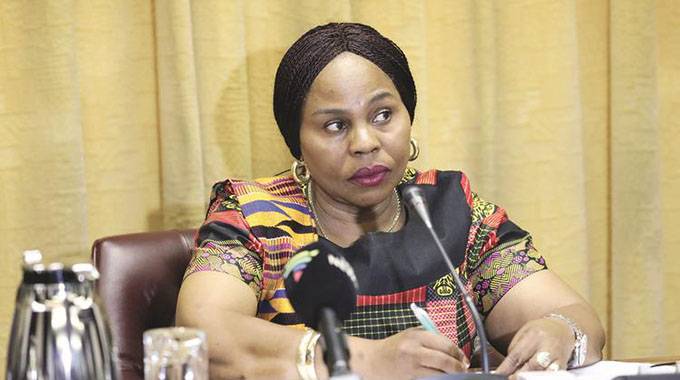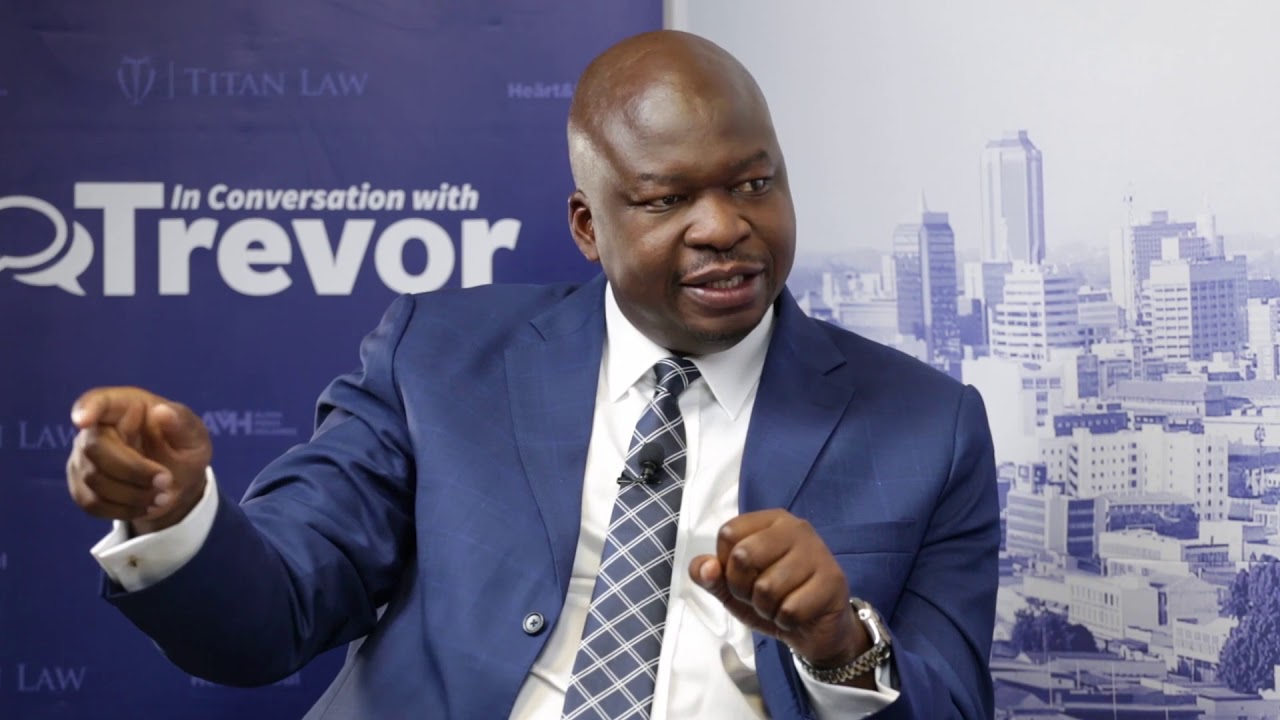Mid-term fiscal review set to address revenue decline
THE mid-term fiscal policy review is anticipated to propose measures to accommodate the forecasted decline in revenue performance and to introduce interventions to bolster revenue, while the government is projected to continue with capital projects.
Traditionally, the Mid-Term Fiscal Policy Review is presented in July, interspersed between budgets.
The statement of the mid-term fiscal policy review will provide a summary of the economic performance in the first half of the year and will outline any necessary additional measures that may need to be implemented.
Under the Public Finance Management Act, the Finance Minister must give “full and transparent accounts from time to time and not less than annually made to Parliament indicating the current and projected state of the economy, the public resources of Zimbabwe and the fiscal policy of the Government.”
The mid-term fiscal policy review will be first after the introduction of ZiG currency, which has largely stabilised the economy.
In June, the treasury started gathering input on the forthcoming 2024 Mid-Term Budget and Economic Review and the 2025 Budget Strategy Paper (BSP).
In a recent statement, Finance, Economic Development and Investment Promotion permanent secretary, Mr George Guvamatanga said treasury has commenced formulation of the 2024 Mid-Term Budget and Economic Review and the 2025 Budget Strategy Paper (BSP) in line with the prescribed budget process calendar as outlined through SI 135 of 2019 (Public Finance Management (General) Regulations 2019) and SI 127A of 2021 (Public Finance Management (General) (Amendment) Regulations, 2021 (No. 1).
“In this regard, Treasury is requesting for input into the 2024 Mid-Term Budget and Economic Review, highlighting details on economic developments during the first half of the year, progress on implementation of the 2024 National Budget and any necessary adjustments to our interventions required to meet the Budget and NDS1 objectives up to the end of the year.”
Monetary Policy Committee member, Mr Persistence Gwanyanya, told Business Chronicle on Wednesday that a revision is likely regarding the performance of revenue and the adjustment of intervention measures to bolster it.
He noted that discussions are already underway concerning the macro-economic framework, which will form the foundation for the forthcoming review announcement.
“The Ministry of Finance, Economic Development and Investment Promotion is going to announce a mid-term fiscal policy review very soon and it normally happens in July.
“As they do that, the macro-economic framework is already being discussed, which is the basis on which the review is going to be announced,” said Mr Gwanyanya.
He added: “The macro-economic framework has reviewed growth in the economy to two percent for the previous growth of 3,5 percent.
“What this means is that there is an expectation of some trimming down or some continued judicious aggression in terms of the management of resources because fiscal performance is also expected to be affected by external factors.
“We are likely to see a revision in terms of the performance of revenue and revision of intervention measures to support the revenue.”
He said on the cost side, the Government is expected to continue to judiciously manage the costs.
“We do not expect some aggression in terms of the wage bill from the Government but it appears that projects that the government has already started embarking on have to be finished.
“They cannot be abandoned midway. There is also a need for some trade-offs while revenue is expected to under-perform, there is a need to support capital projects but with a stable environment, we do not expect the challenges to be as huge as they would have been.
“In terms of the budget deficit, we expect around 1.2 percent and what will make a difference is the financing of the deficit. There is a real risk that if you don’t properly finance the deficit, it might spin the markets out of control, but we are confident that the Government programs have catered for the financing of the deficit through non-inflationary sources.”
Government, he said, has chosen to use non-inflationary sources to finance the deficit. -chroncles









